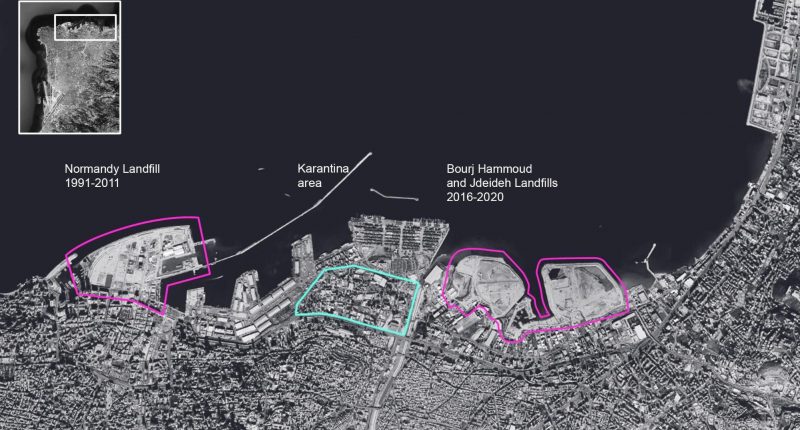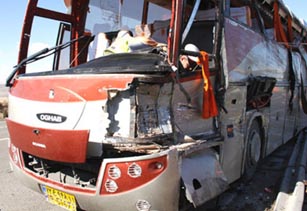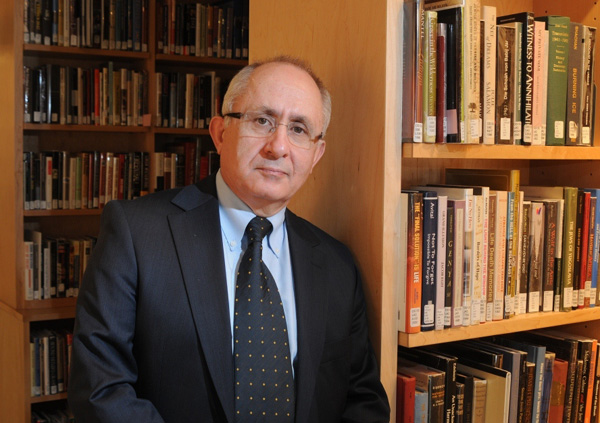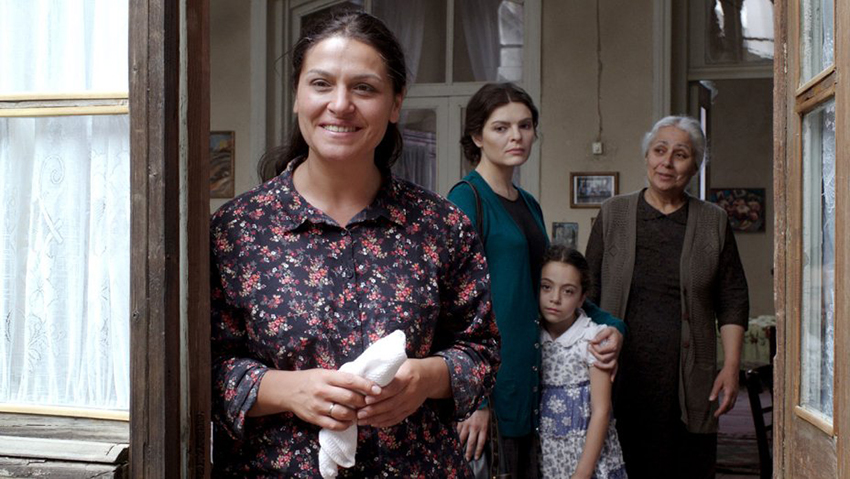BEIRUT — Human Rights Watch is reporting that Lebanon’s lack of a comprehensive solid waste management strategy is incurring huge environmental and public health costs. Trash began piling up on the streets in Beirut and surrounding areas in scenes reminiscent of the 2015 trash crisis after the Bourj Hammoud/Jdeideh landfill reached capacity on April 30, 2020 and stopped receiving waste.
On May 5, much to the chagrin of the nearby residents, the Lebanese Cabinet approved the vertical expansion of Bourj Hammoud/Jdeideh landfill, one of two main landfills serving Beirut and surrounding areas, as a stopgap measure.
Local and international environmental groups warned last year that the landfill was reaching capacity and urged the government to adopt a more comprehensive solid waste management strategy that respects everyone’s right to health.
“Rights groups and environmental experts have been warning Lebanese decision-makers for years that Lebanon’s waste management practices are not sustainable,” said Aya Majzoub, Lebanon researcher at Human Rights Watch. “The costs of inaction are huge, and residents are being denied their right to health and a healthy environment every day this crisis goes unaddressed.”
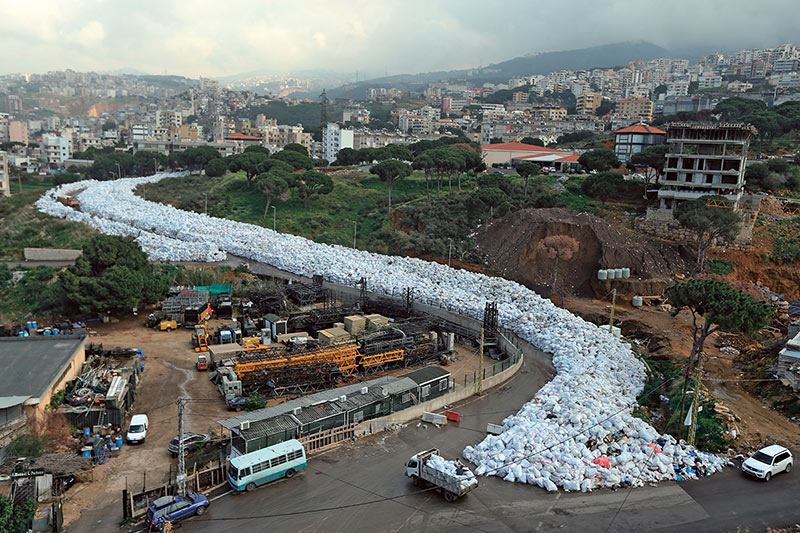

Bourj Hammoud is a mixed residential, industrial and commercial area and is one of the most densely populated districts in the Middle East. It has a majority Armenian population but also has a notable Lebanese Shi’a Muslim and other Lebanese Christian and Palestinians residents. Recently, it has also become a home to a number of guest workers from Asia and Africa as well as refugees from Iraq and Syria belonging to various denominations.
Experts say that the landfill, which does not comply with international best practices and was established without an Environmental Impact Assessment (EIA), is affecting nearby residents’ health. The initial establishment of the landfill itself was a supposedly temporary solution to the 2015 trash crisis.
In 2017, Human Rights Watch investigated the health problems from increasing open waste burning as a consequence of the lack of effective waste management strategies. Residents of areas where waste was being dumped and burned reported health problems including chronic obstructive pulmonary disease, coughing, throat irritation, skin conditions, and asthma. Air pollution from open waste burning has been linked to heart disease and emphysema and can expose people to carcinogenic compounds.
Lebanon adopted its first law on solid waste management in September 2018, but its implementation has been stalled. The law mandated the Environment Ministry to develop a national waste management strategy by March 2019. However, the strategy has not yet been adopted and is awaiting a Strategic Environmental Assessment to analyze the environmental effects of the solid waste strategy and to integrate environmental considerations into high-level decision-making.
Human Rights Watch urges the Lebanese cabinet to urgently review the road map and the strategy and adopt an integrated approach to solid waste management that decreases Lebanon’s reliance on landfills and gives municipalities the resources they need to fulfill their duties. Any plan presented to the cabinet should comply with environmental and public health best practices as well as Lebanese and international law and ensure that the authorities respect the right to health and to live in a healthy environment. It should also ensure that everyone is fully informed of threats to their health in their area.

